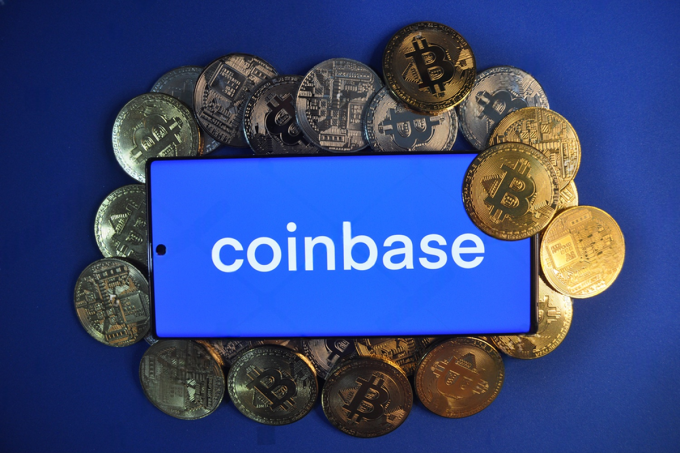Sweden is reportedly weighing steps to integrate Bitcoin into its national financial strategy, signaling what officials have called a “digital arms race” in sovereign cryptocurrency adoption. The move comes as global interest in Bitcoin continues to accelerate, with institutional inflows topping $1.2 billion in September 2025, driven largely by U.S. spot Bitcoin ETFs. For crypto investors, Sweden’s potential entry represents not just another national stance, but a sign that advanced economies are beginning to consider Bitcoin’s geopolitical role.
Market Reaction
Bitcoin traded at $63,450 on October 1, down 0.8% in the past 24 hours but still up 12% over the past month. Volumes across major exchanges have remained robust, with Coinbase reporting $2.7 billion in daily BTC turnover. While Sweden’s signals have not yet triggered immediate price volatility, analysts note that sovereign adoption narratives historically provide long-term bullish tailwinds. For example, when El Salvador adopted Bitcoin as legal tender in 2021, BTC surged nearly 15% in the following month, despite short-term volatility. Investors are closely monitoring whether Sweden’s deliberations will accelerate European interest in Bitcoin, particularly among Nordic neighbors.
Regulatory and Policy Implications
Sweden has historically been cautious on digital assets, with the Riksbank leading early research on central bank digital currencies (CBDCs). The latest shift toward evaluating Bitcoin’s role suggests a parallel track where sovereigns may adopt decentralized assets alongside CBDCs to hedge against monetary and geopolitical risks. The European Union’s MiCA framework, which comes into effect in 2025, provides regulatory clarity on digital assets but does not directly address sovereign adoption of Bitcoin. If Sweden proceeds, it could set a precedent for other EU members, potentially complicating regional regulatory cohesion.
Investor Sentiment and Strategic Perspective
Institutional investors view Sweden’s move as a potential turning point in the narrative of Bitcoin as a strategic reserve asset. “This is less about retail speculation and more about Bitcoin entering the realm of sovereign balance sheets,” one Nordic hedge fund manager told Investcoin1 Capital. Data from CoinShares shows that institutional funds added $326 million in Bitcoin exposure last week alone, reflecting growing interest in BTC as a hedge against currency debasement and fiscal uncertainty. Investor psychology suggests that sovereign entry reinforces Bitcoin’s legitimacy, reducing perceived career risk for professional asset managers to allocate to the asset.
Sweden’s exploration of Bitcoin underscores the growing overlap between monetary policy, geopolitics, and digital assets. For crypto investors, the key questions ahead are whether Sweden will move beyond rhetoric into allocation, and whether this signals a domino effect among other advanced economies. With Bitcoin’s market capitalization now above $1.25 trillion and institutional flows accelerating, sovereign participation could mark the next stage in Bitcoin’s evolution from speculative asset to geopolitical tool. The digital arms race has begun — and Sweden’s next steps may determine how quickly it spreads across Europe.
Comparison, examination, and analysis between investment houses
Leave your details, and an expert from our team will get back to you as soon as possible













Leave a comment